Signs and Indicators for Further Support
It is essential to be aware of your mental status and to seek timely help when necessary. Early intervention or preventive measures are always encouraged to reduce the potential development of a more severe psychological condition.
When conducting a self-assessment, it is important to observe any potential changes that you have experienced and take note of how long such changes have been present. It is also good to ask if any daily functioning has been affected in order to briefly determine the level of urgency that you should reach out for help.
|
Poor Sleep Hygiene |
Irregular Appetite |
|
Irregular Energy Level |
Impulsive Behaviours |
|
Mood Fluctuations |
Changes in Performance |
|
Poor Attachment with Others |
Poor Concentration & Ruminations |
|
Risk-taking |
Negative Outlook to the Future |
|
Other Physical stress symptoms |
Please be aware that if you are feeling suicidal or unsafe, you should reach out immediately and talk to one of our counsellors. You may refer to resources here for timely support if our office is closed.
Common Presenting Issues
• Adjustment issues (e.g. university life, hall culture, practicum, clerkship etc.)
• Academic stress, performance or concerns
• Interpersonal relationships (e.g. peers, staff/student, colleague, significant other etc.)
• Family issues
• Physical health or medical conditions
• Emotion or mood issues
• Psychological or mental health issues
• Behavioral issues (e.g. time management, addictions, substance use, sleep and eating routine etc.)
• Trauma or bereavement issues (e.g. abuse, neglect, loss etc.)
• Work issues or career planning (e.g. work direction, burnout issues, adjustment to new job etc.)
• Housing or accommodation issues (e.g. relocation, loss of housing etc.)
• Finance
• Legal issues
• Crisis or safety issues
• Self-growth or personal development
• Self-identity, sexual orientation, LGBTQ issues

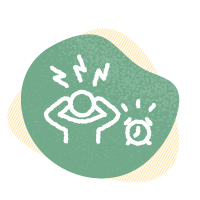
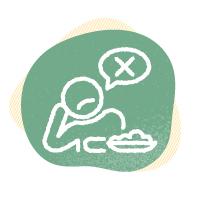

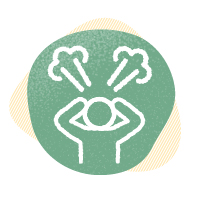
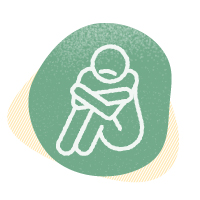

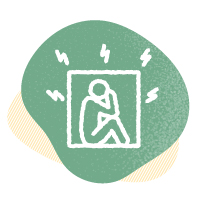

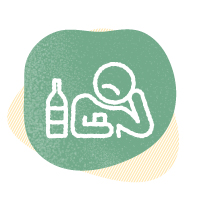
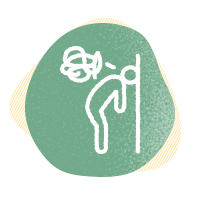
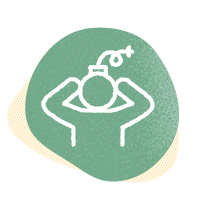
Follow HKUMed